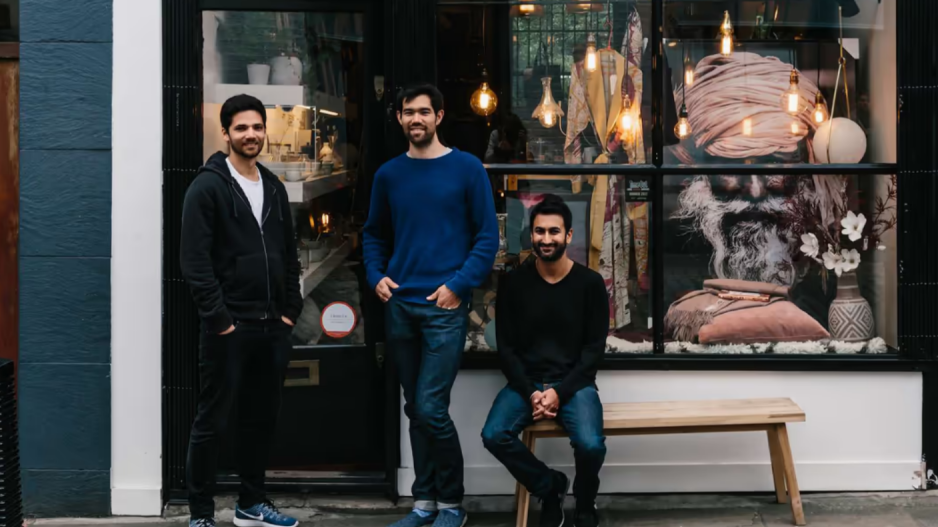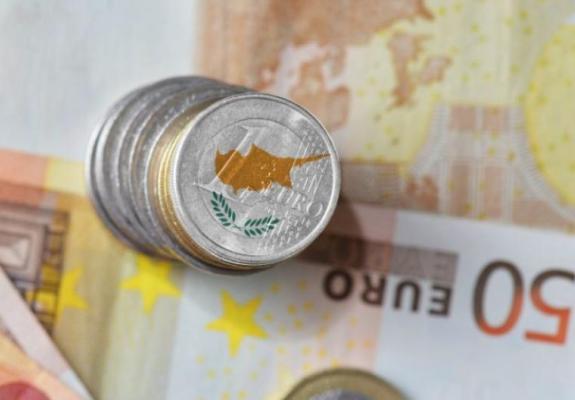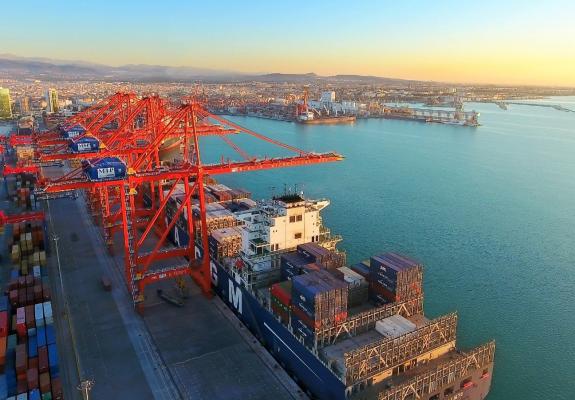How Alex Loizou Built an International Company and Sold it Twice
Ecommerce has played a massive role in the retail industry, and has greatly impacted our daily lives for over a decade. To give some perspective, the global retail eCommerce sales in 2014 were at approximately $1.3 trillion, and rose up to $4.2 trillion in 2020, according to Statista.
It’s no surprise that the Covid-19 pandemic accelerated sales in retail eCommerce, due to brick-and-mortar shops being forced to close as per globally enforced restrictions. In the UK, retail eCommerce enjoyed nearly a five-fold year-over-year growth in 2020, when highstreets went from bustling and alive, to resembling a scene from a Western with whistling winds and tumbleweeds.
It was at this point where Forbes 30 under 30, Alex Loizou, CEO and CTO of Trouva, capitalized on an opportunity to help boutique stores stay alive, and even thrive, at a time of fear and uncertainty. This proves that not all heroes wear capes. In this article, we will explore how Trouva raised over $30 million, and earned their position in Startups 100’s number 1 spot.
Alex Loizou, born in Cyprus, co-founded Trouva in 2013 with the intention to help boutique stores expand their reach and grow their customer base. Beautiful and intricate household items crafted with authenticity and care were available only in physical concept stores, which meant that they were difficult to come across.
Trouva was initially named Streethub, and was co-founded by Mandeep Singh, Maxim Berglund, and Alex Loizou. Using location technology and inventory data, Streethub brought independent retailers to the forefront of eCommerce across the UK. Their journey began with boutique shops and concept stores in Shoreditch, London, and they quickly realized the value of digitizing physical products.
The Covid-19 pandemic marked a period of rapid growth for Trouva, where they were acknowledged by Startups 100, and accredited with the title of the top UK startup. It wasn’t just their strong financials, impressive team, and successful funding rounds that earned them this spot. It was also attributed to the solutions they provided to independent retailers, where their physical presence diminished due to the pandemic’s restrictions.
Heading half-way into 2022, Trouva was acquired by Made, a furniture marketplace online, that was looking to expand to selling houseware. Their acquisition of Trouva was a strategic one, where they didn’t have to invest in understanding the houseware market, and building partnerships. Nearly five months into their acquisition, Made went into admissions, and declared bankruptcy. Their year-long efforts were not wasted though, as Next, leaders in retail eCommerce, acquired Made’s assets, as well as Trouva.
This, however, led to their second acquisition, in the same year! Re:store, another retail giant, took initiative and acquired Trouva from Next. Trouva’s 10 year long journey (so far) crossed into 2023 with a remarkable milestone of being acquired twice in a single year, showing the promise and value that their business has to offer.
Enhancing the connection between the online world and unique and authentic boutiques has been their vision from the get-go. Now, their vision has been realized by millions, and has resonated with market leaders around the world.
As this chapter in his journey came to a conclusion, he stated that, in his FutureTalks interview, he is excited for what’s next. His perspective is refreshing, and should be heeded by entrepreneurs and startup founders alike, “situations and times where there’s such a tectonic shift in everything that’s happening around us, you can see opportunities everywhere.”

The three co-founders brought diverse knowledge and skills to the table, with Alex Loizou developing the app and platform. Establishing a good team and team dynamic is crucial to a startup’s success, especially in a market dominated by large organizations.
In a recent interview with Future Talks, Alex shared how he and his co-founders did not know too much about the industry starting out, but they were persistent and keen in figuring out how to make it work. For the first two years, they were discovering their niche, exploring pharmacies and kiosks, among others, until they discovered their passion to share the uniqueness of boutique stores.
Alex goes on to explain that “everything they did was tied to a larger understanding of the world, and how independent retailers do not have the scale or the technology to compete with market leaders, but have the inventory and the underlying value to actually compete.”
This realization helped them develop their value proposition, and a clear vision for their go-to-market strategy that was proven to work. He highlighted that authenticity and the ability to build a network are cornerstones of a successful business. Finding the right investors with conviction and an understanding of the market was paramount to their success.
everything they did was tied to a larger understanding of the world, and how independent retailers do not have the scale or the technology to compete with market leaders, but have the inventory and the underlying value to actually compete.
In 2015, Streethub raised £2.3 million, was rebranded, and became what we know it today, Trouva. This marked the beginning of their journey with Tier 1 VCs, such as Index Ventures, Local Globe, Downing Ventures, Octopus Ventures, and more. Trouva had digitized products from 350 stores across London and Brighton, bringing them to the frontline of eCommerce. From here, their challenge was how quickly they could scale their business while maintaining operational efficiencies.
Starting in 2018, Trouva managed to raise another £7 million to begin expanding to other countries, starting with 20 stores in Berlin, Germany. Over the course of 4 years, the Trouva team brought together over 1,000 boutiques across 13 European countries with 350,000 products, accumulating to millions in sales every month. In 2019, they secured an injection of £17 million to further expand their platform throughout Europe.






